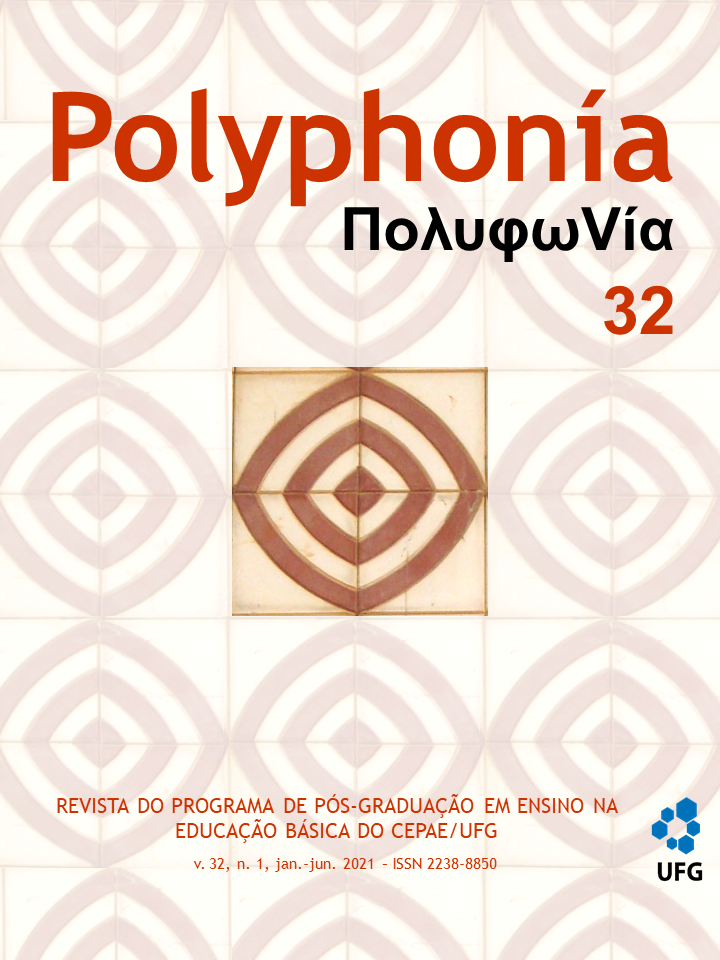Prática pedagógica na perspectiva da complexidade: articulação entre educação matemática e educação para a vida
DOI:
https://doi.org/10.5216/rp.v32i1.67393Abstract
The purpose of this paper is to reflect on pedagogical practice, linked to educational principles. It is supposed that teaching mathematics, from the perspective of complexity, may collaborate for the promotion of autonomy, citizenship, and social justice. The theoretical framework is based on two axes: education for citizenship, as an educational process for life; mathematics education, as education for life. The goal of reflection is the pedagogical practice in mathematics of a teacher, in her 7th-grade class, in a public school in the city of Curitiba. The perspective of reflection is based on ideas of complexity and transdisciplinarity. Creativity is the articulating element. To accomplish that, activities were extracted from the 7th-grade teacher, which were developed and analyzed by the teacher herself. The activities are based on the teacher's creativity and perspicacity, and from creation to classroom development. From the student’s perspective, the analyzes considered repercussions on the mathematical and educational learning, on the understanding of the world, from a planetary perspective. It concludes with the defense that the conceptual learning of curricular contents and the educational training constitute a binomial in which one signifies the other. Both are pertinent to a creative and transformative school.Downloads
Download data is not yet available.
Downloads
Published
2021-01-19
How to Cite
GUÉRIOS, Ettiène. Prática pedagógica na perspectiva da complexidade: articulação entre educação matemática e educação para a vida. Revista Polyphonía, Goiânia, v. 32, n. 1, p. 100–117, 2021. DOI: 10.5216/rp.v32i1.67393. Disponível em: https://revistas.ufg.br/sv/article/view/67393. Acesso em: 3 mar. 2026.
Issue
Section
Dossiê Escola, Complexidade e Justiça Social
License
Política de direitos autorais (acesso livre). Autores que publicam nesta revista concordam com os seguintes termos: Autores mantém os direitos autorais e concedem à Revista Polyphonía o direito de primeira publicação, com o trabalho simultaneamente licenciado sob a Creative Commons Attribution License que permitindo o compartilhamento do trabalho com reconhecimento da autoria do trabalho e publicação inicial nesta revista.
Autores têm autorização para assumir contratos adicionais separadamente, para distribuição não-exclusiva da versão do trabalho publicada nesta revista (ex.: publicar em repositório institucional ou como capítulo de livro), com reconhecimento de autoria e publicação inicial nesta revista.
Autores têm permissão e são estimulados a publicar e distribuir seu trabalho online (ex.: em repositórios institucionais ou na sua página pessoal) a qualquer ponto antes ou durante o processo editorial, já que isso pode gerar alterações produtivas, bem como aumentar o impacto e a citação do trabalho publicado (Veja O Efeito do Acesso Livre).


